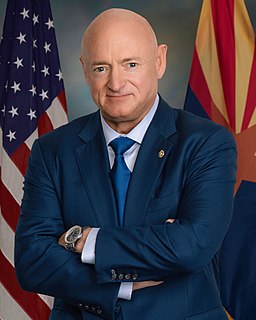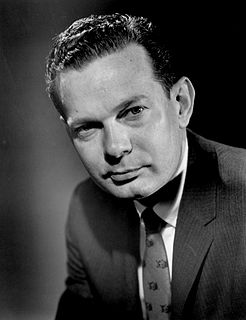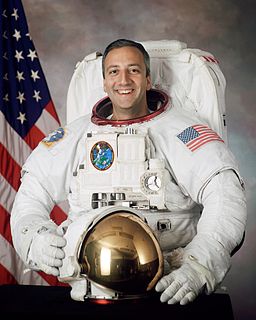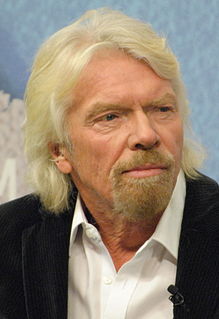A Quote by Shannon Walker
At a young age, I became interested in space and science after watching the U.S. land on the moon for the first time.
Related Quotes
I was an eight-year-old kid when I watched the first Apollo Moon Landing way back in 1969 and there was something about that moment that really stuck in my head. I'd always been interested in space and flying and I was building model rockets and model airplanes, but something about that moment, I can remember like it was yesterday watching the Apollo Lunar Lander approach the surface of the Moon and then later watching Neil Armstrong and Buzz Aldrin take the first steps on the Moon, and something that day started the dream for me that, hey, I want to be like those guys.
I was the first person to tweet from space, but now every astronaut tweets from space and does Instagram and Snapchat and Face - they have Facebook going. I think it's more of a personal relationship they have with space now. They see it as more obtainable than me watching my superhero Neil Armstrong and Buzz Aldrin walking on the moon. It's like, there's no way I can do that.
Dutch beaches were known to me as man-made territories, as part of various land reclamation projects. But I was also interested in the media reality of the Moon landing. I wanted to use that event as a measure of time, to see what had happened in those thirty years - which happens to be my lifetime as well. I was born in 1967 and I remember seeing the Moon landing on TV when I was two. All those things were in play. Then it became a big production. It took five months to gather up the goodwill and make it happen.
I was very, very young when I first started acting. My first movie role I was in, I was eight years old at the time. My mom got me involved in community theater stuff when I was like five or six years old. How I learned to read was by reading the captions on TV, and I grew up from a really young age watching tons of movies and television.
The first man-made satellite to orbit the earth was named Sputnik. The first living creature in space was Laika. The first rocket to the Moon carried a red flag. The first photograph of the far side of the Moon was made with a Soviet camera. If a man orbits the earth this year his name will be Ivan.
































